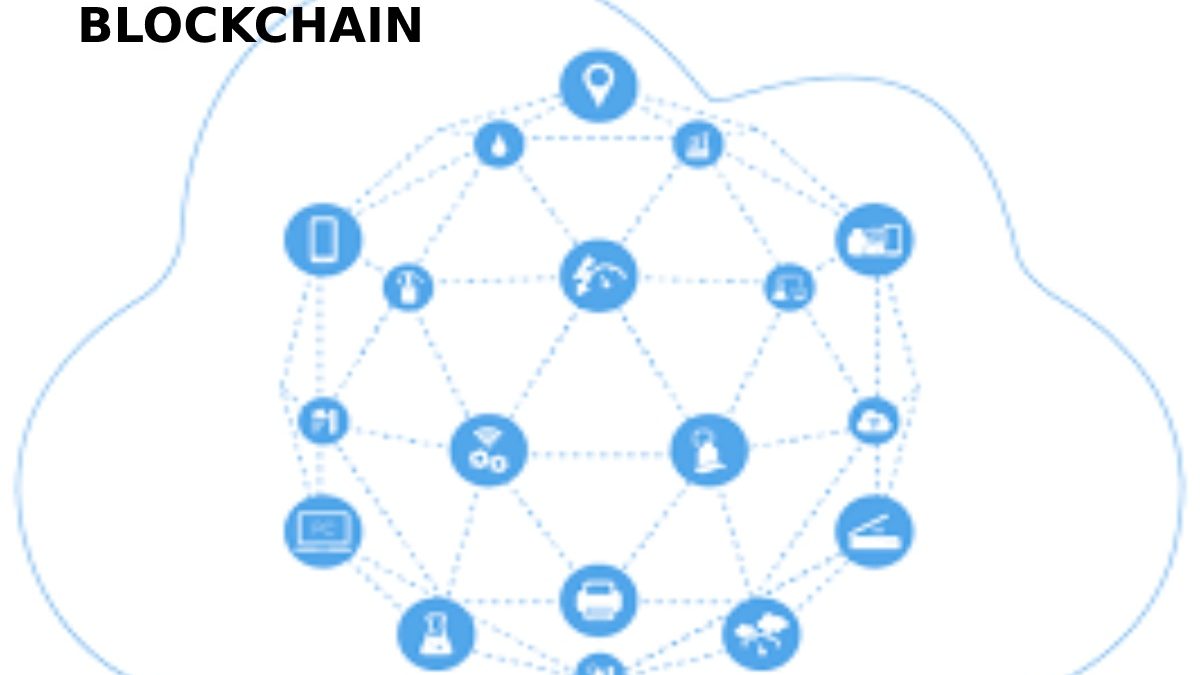Blockchains – The technology behind Bitcoin can revolutionize the way you do business. It’s called blockchain and various projects are underway to develop useful applications like bitcoin-up.co for many industrial fields Gillian Elias, a senior economist at BDC, answers five common questions about blockchain and its potential impact on the way you do business.
Table of Contents
Definition of Blockchains and How Do They Work?
Simply put, blockchains are digital records of asset owners that are continually updated.
Exchange data, like the date, time, and number of exchanges and the members in the exchange, is encoded in a block that gets together with different blocks to shape a chain.
No focal power controls the blockchains. This is one reason that Bitcoin and other cryptographic forms of money are so entrancing.
It has admission to the same information, ensuring transparency and ongoing reconciliation of operations.
Since these strings are present on many computers, there is no centralized version of the information that a hacker could attack. Thus, it is no longer necessary to resort to a trusted third party to verify the information that concerns him and that relates to the transaction he wishes to carry out.
What are the Concrete Examples of the Application of Blockchain Technology?
The monetary administrations industry is starting to utilize blockchain innovation to foster new administrations and set aside cash. For instance, the Australian Stock Trade as of late reported that it would begin utilizing blockchains to settle exchanges. This innovation will be use to enroll value interests and deal with the getting and settlement free from value exchanges and helps in cooperative CRM to advance Administration.
One more illustration of the utilization of blockchains in monetary administrations comes from the organization Abra. It utilizes a cash move stage that permits unfamiliar laborers to send cash back to their nation of origin in 54 distinct monetary forms. As indicated by the World Bank, laborers can move cash rapidly and efficiently utilizing this stage rather than a conventional specialist organization, for example, Western Association, which charges a typical expense of 7% of the sum sent.
Another project that uses blockchain technology has be launched by the World.
Wide Fund for Nature and three companies working together to guarantee a supply of tuna based on the responsible exploitation of the resource in the Pacific Ocean.
Consensus a blockchain company Traceable an IT company and Sea Quest Fiji (a tuna fishing and processing company) use a blockchain to ensure traceability of tuna caught and sold.
Every transaction is record on a blockchain from fishermen to local fishmongers and grocery stores to fish brokers.
In this way, regulars can sure of the quality of the tuna they buy and the responsible. And legal management of this resource.
What Does This Mean for Entrepreneurs?
Several large companies, including Microsoft, IBM with more than 400 blockchain projects.
It underway worldwide it Unilever, and Toyota, are investing in blockchain.
But the impact of this technology will not be limit to large companies. Your business could also affect shortly.
If your business requires you to verify transactions of any kind, you should consider this technology’s impact on your business.
You just have to look at equity clearing and settlement risks . To see how many secondary market functions and other services could affect.
If you are part of a supply chain, your partners may require you to digitally track their processes. And more specifically, if you are a supplier to large companies, you need to start thinking about your place in your customers’ supply chains and whether they might ask you to participate in a blockchain. .
If you supply goods to customers or other companies, could you benefit from the traceability of your products to their origin?
Be aware of the higher prices that fishmongers get when they sell. Their tuna, ensuring that customers are responsible for using the resource.


